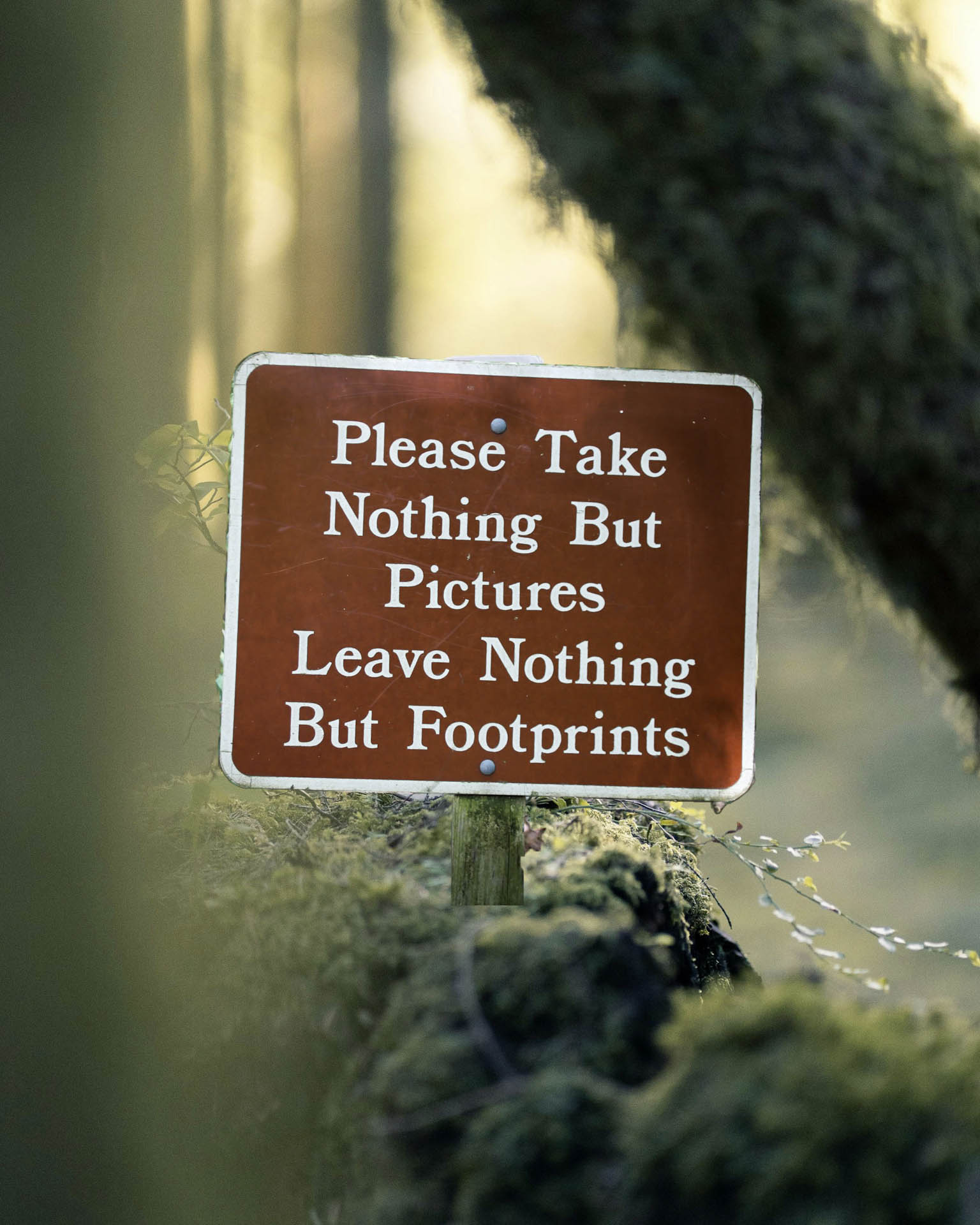Travel blogging is an exciting and rewarding journey that allows creators to share their adventures, tips, and experiences with a global audience. However, amidst the captivating narratives and stunning visuals, travel bloggers must navigate a landscape of legal and ethical considerations. In this blog, we'll delve into the crucial aspects that every travel blogger should be aware of to maintain integrity and ensure compliance with legal standards. Read on for some tips on Legal and Ethical Considerations in Travel Blogging...
Disclosure and Transparency:
Transparency is the cornerstone of ethical travel blogging. Clearly disclosing any sponsored content, affiliate links, or partnerships with businesses ensures that your audience knows when you're sharing information for promotional purposes. Honesty builds trust, and a transparent approach strengthens the credibility of your blog.
Respect for Local Cultures and Customs:
Ethical travel blogging involves respecting the cultures and traditions of the destinations you visit. Bloggers should refrain from appropriating or misrepresenting local customs and practices. Sensitivity and cultural awareness contribute to a positive impact on both the local communities and your readers.
Accuracy in Information Sharing:
Maintaining accuracy in your travel content is both an ethical and legal responsibility. Misinformation can harm not only your reputation but also the experiences of your readers. Fact-check your details, verify information, and correct any errors promptly to ensure reliability.
Intellectual Property Rights:
Respect the intellectual property rights of others. If using images, videos, or content created by someone else, always seek proper permissions and give due credit. Violating copyright laws can lead to legal consequences and damage your blogging reputation.
Privacy Concerns:
Respecting privacy is paramount. Avoid sharing personal information about individuals you encounter during your travels without their explicit consent. This includes fellow travellers, locals, and anyone who might be unintentionally included in your content.
Environmental Responsibility:
Ethical travel bloggers advocate for sustainable and responsible tourism. Promote eco-friendly practices, respect wildlife, and encourage your audience to minimize their environmental impact when exploring different destinations.
Follow Local Laws and Regulations:
Adhering to local laws and regulations is not just ethical; it's a legal imperative. Stay informed about visa requirements, photography restrictions, and any other rules specific to the countries you visit. Ignorance of local laws is not an excuse.
Navigating Sponsored Content and Collaborations:
When engaging in partnerships or sponsored content, ensure that collaborations align with your values and the interests of your audience. Disclose such collaborations transparently, and avoid promoting products or services that may compromise your integrity.
User-generated Content and Moderation:
If your blog features user-generated content or comments, establish clear guidelines for respectful and constructive interaction. Moderate comments to prevent any offensive or inappropriate content. Protecting your readers and maintaining a positive online community is ethical blogging in action.
Data Protection and GDPR Compliance:
If your blog collects any user data, ensure compliance with data protection regulations, such as the General Data Protection Regulation (GDPR). Clearly outline your privacy policy and obtain consent before collecting any personal information.
In the dynamic world of travel blogging, ethical and legal considerations form the bedrock of a successful and sustainable blogging career. By embracing transparency, respecting local cultures, and upholding integrity, travel bloggers can not only build trust with their audience but also contribute positively to the communities they explore. Navigating the ethical horizon is not just a responsibility; it's a commitment to creating meaningful and impactful travel content.

Be the first to leave a comment
Relateable posts
-
blog
Nov 22, 2023Your Ultimate Guide to Travel Essentials: How to Pack Smart, Travel Easy
Whether you're embarking on a weekend getaway or a globetrotting adventure, packing the right travel…
-
blog
Apr 24, 2024Essential Photography Tips for Travel Bloggers – Capturing Wanderlust
Photography is at the heart of travel blogging, allowing you to vividly capture and share…